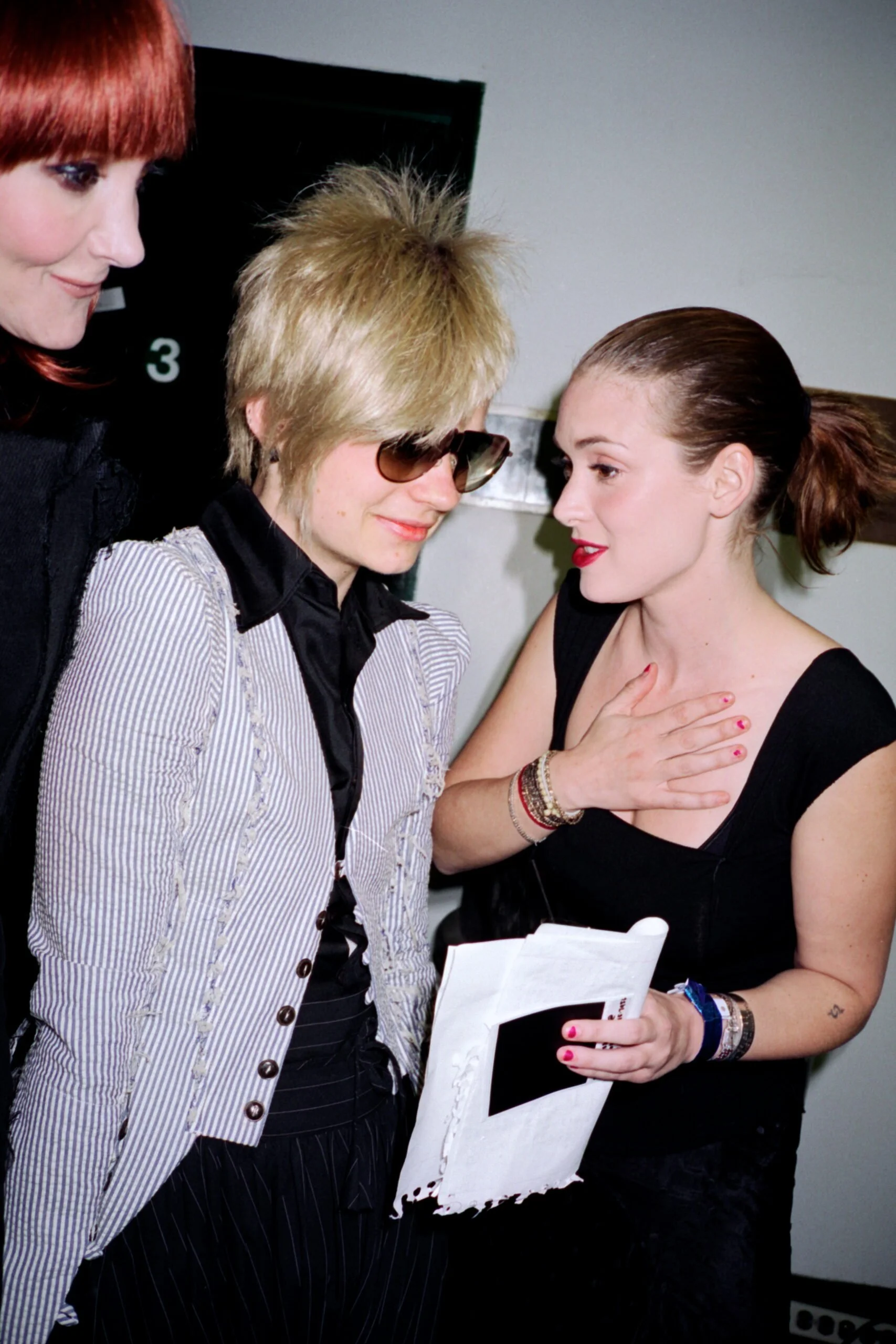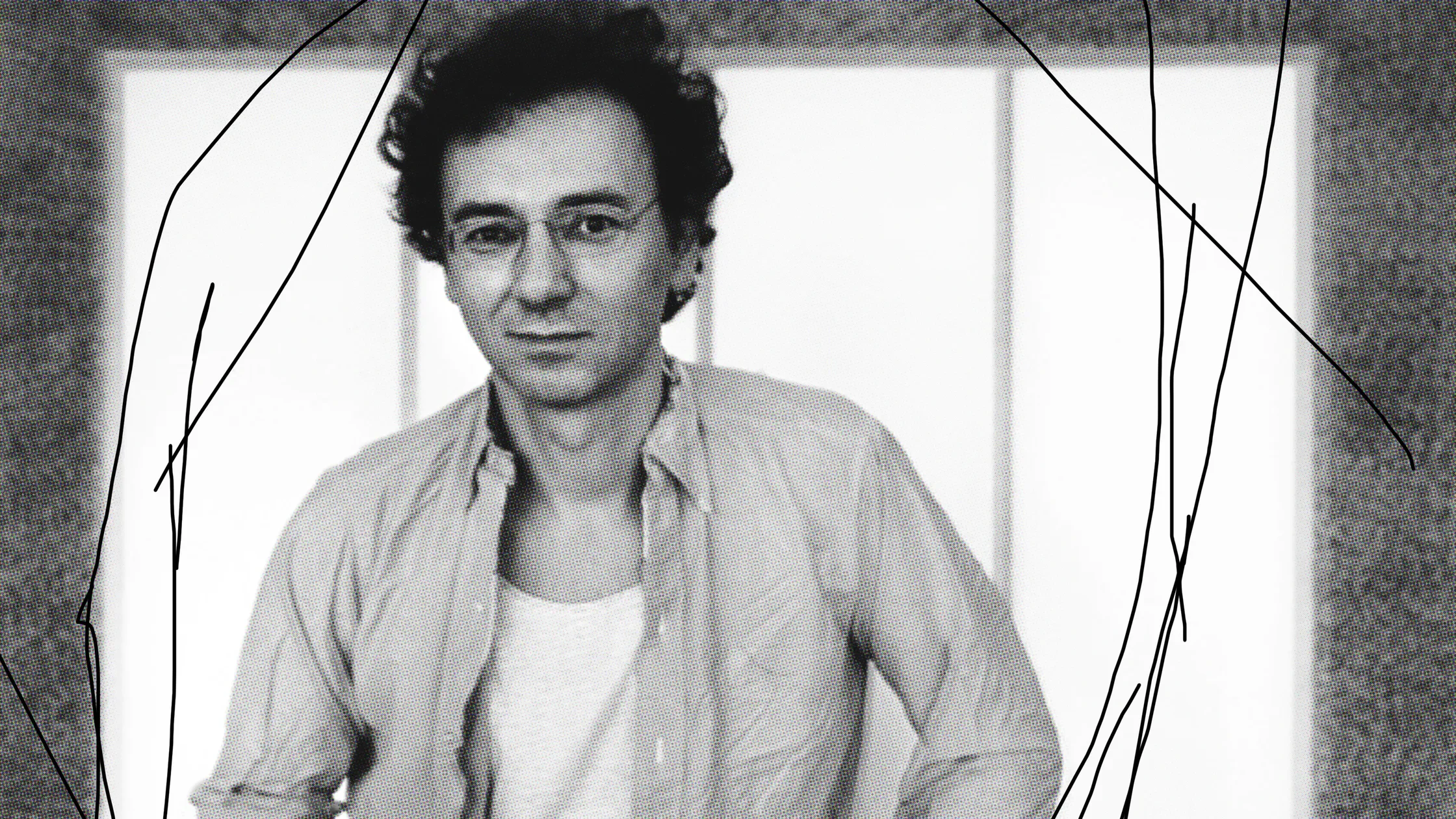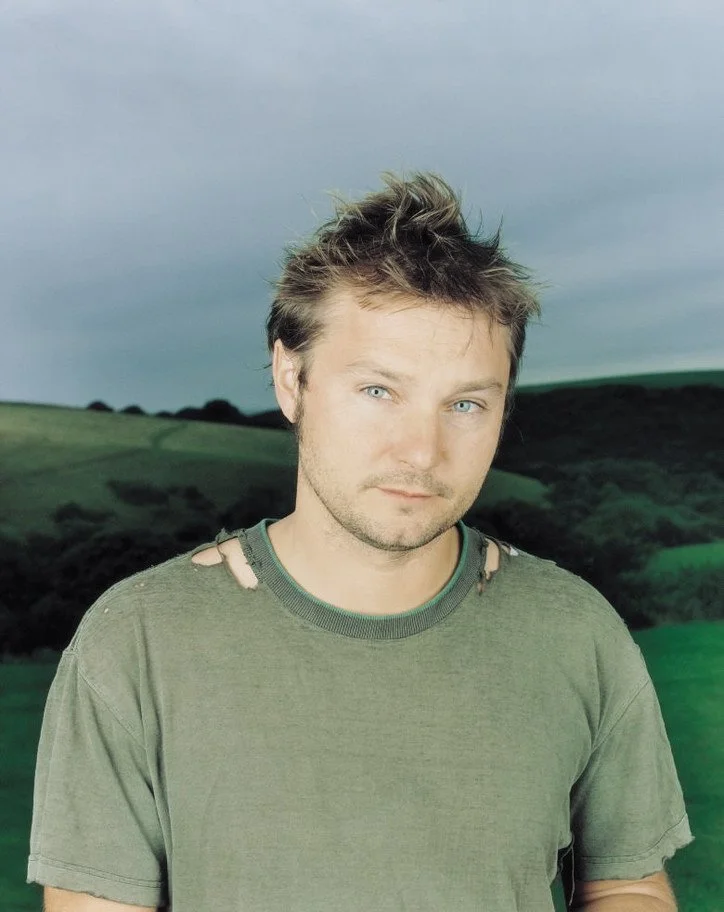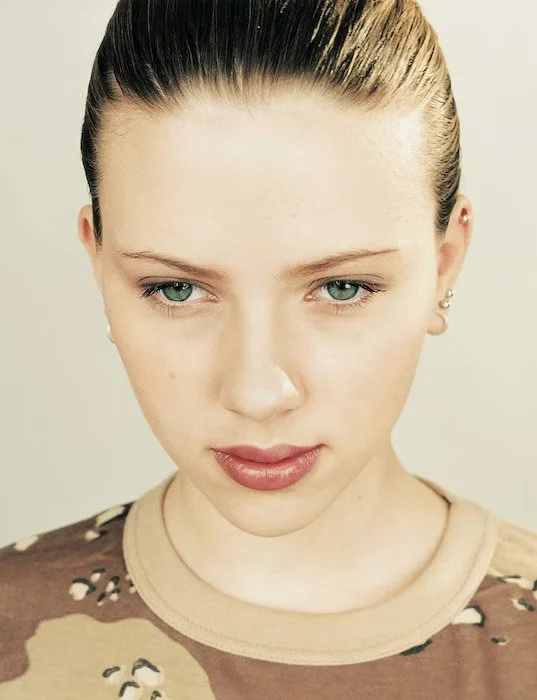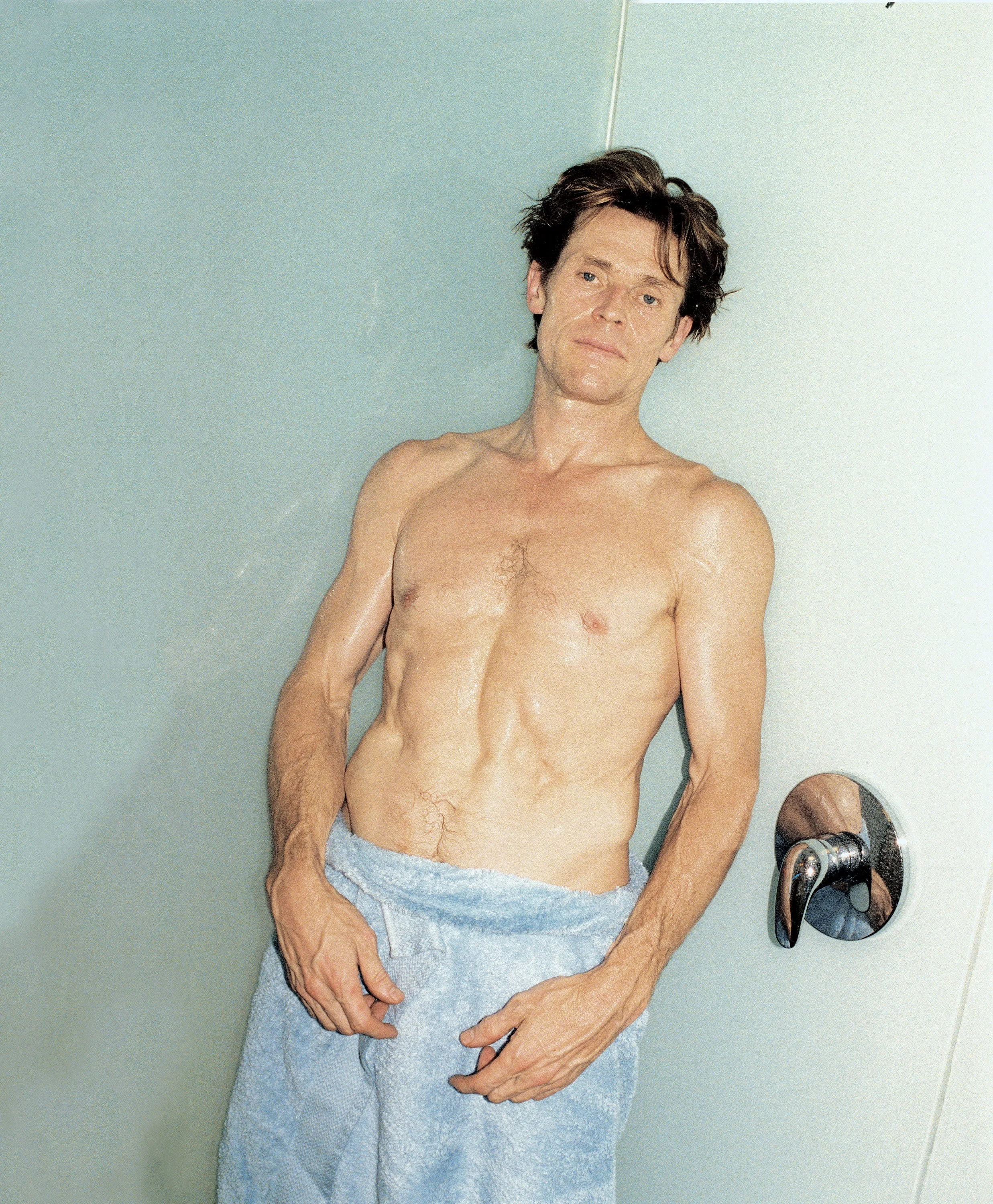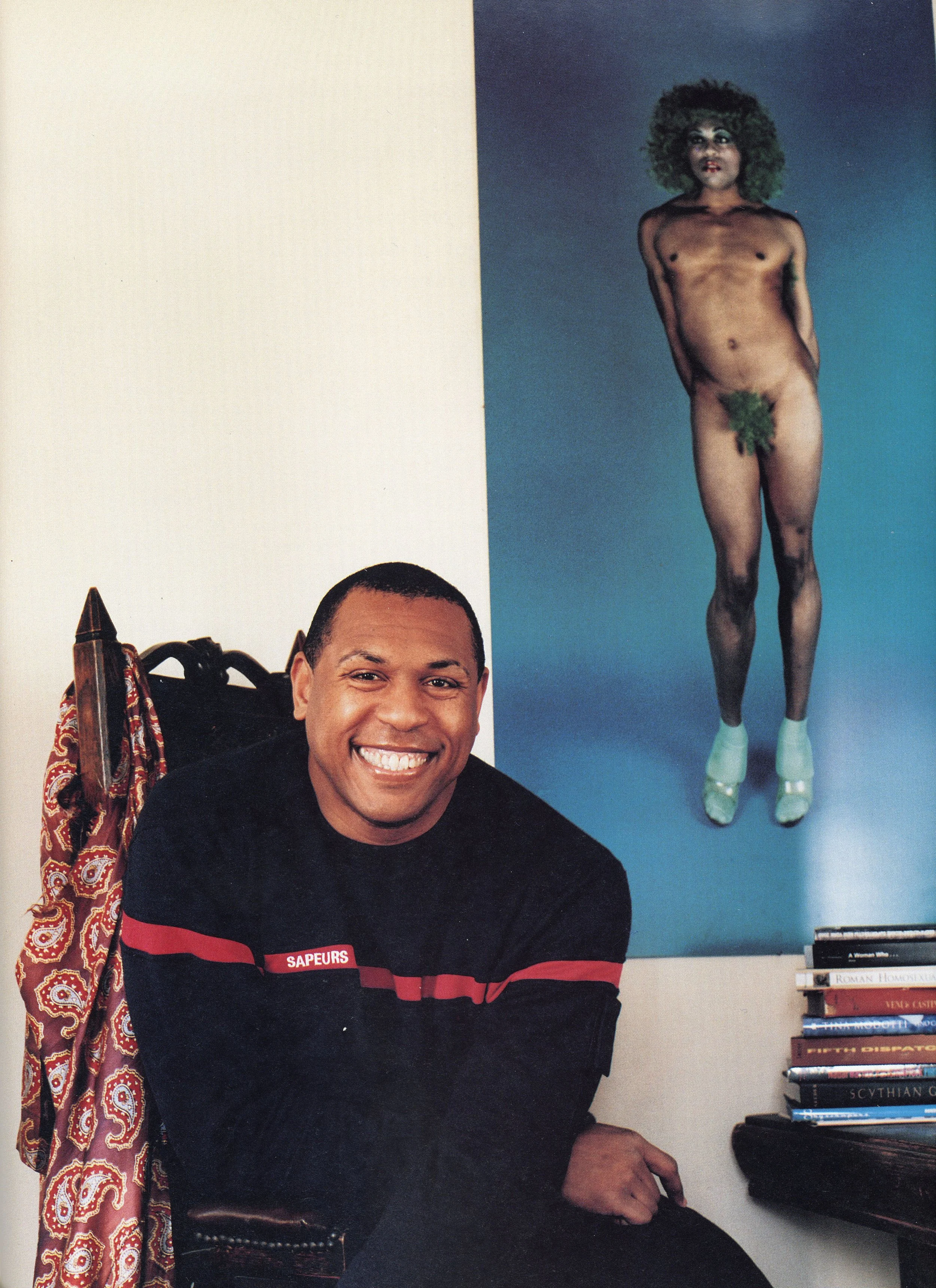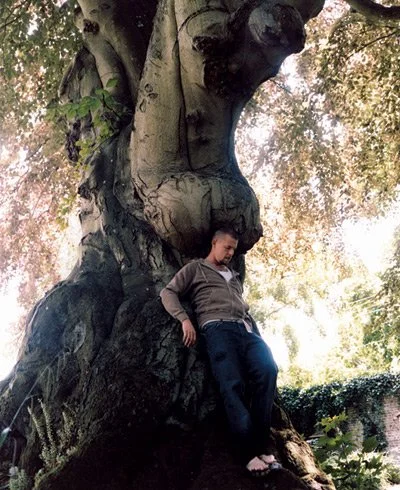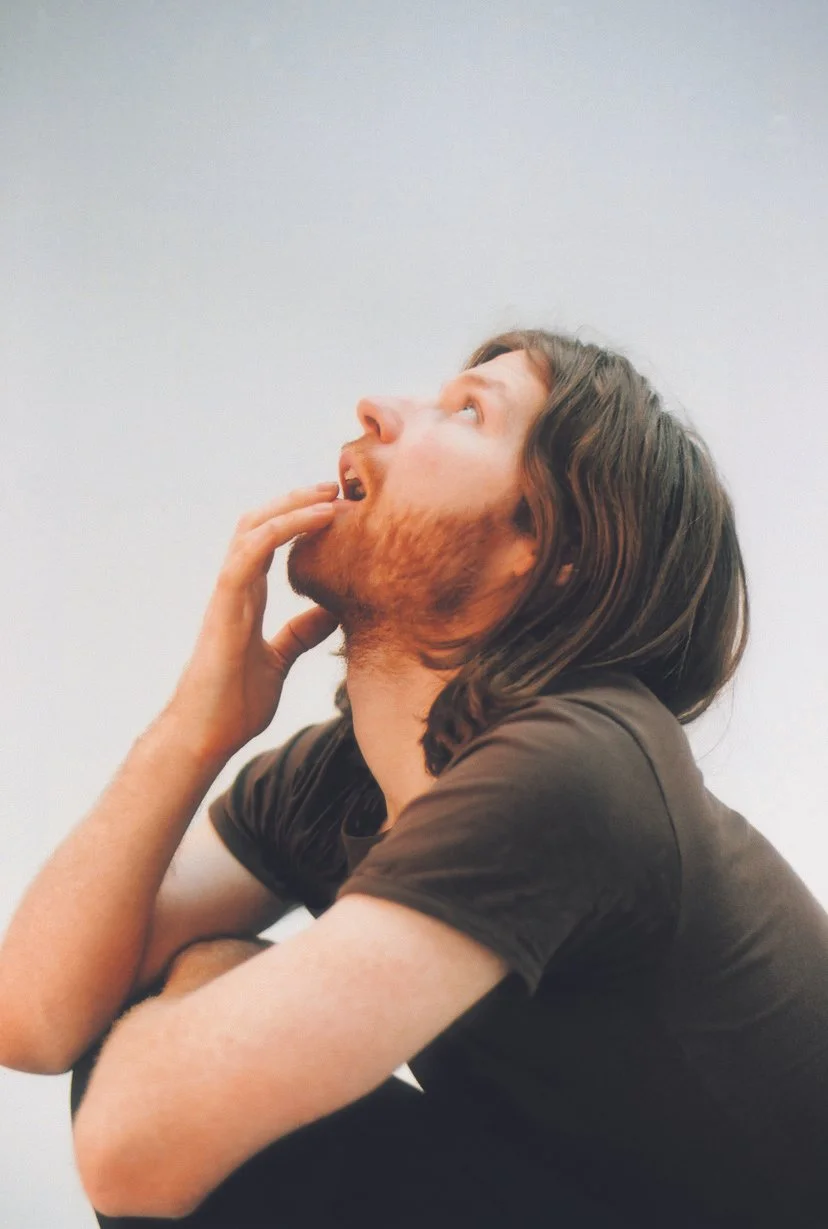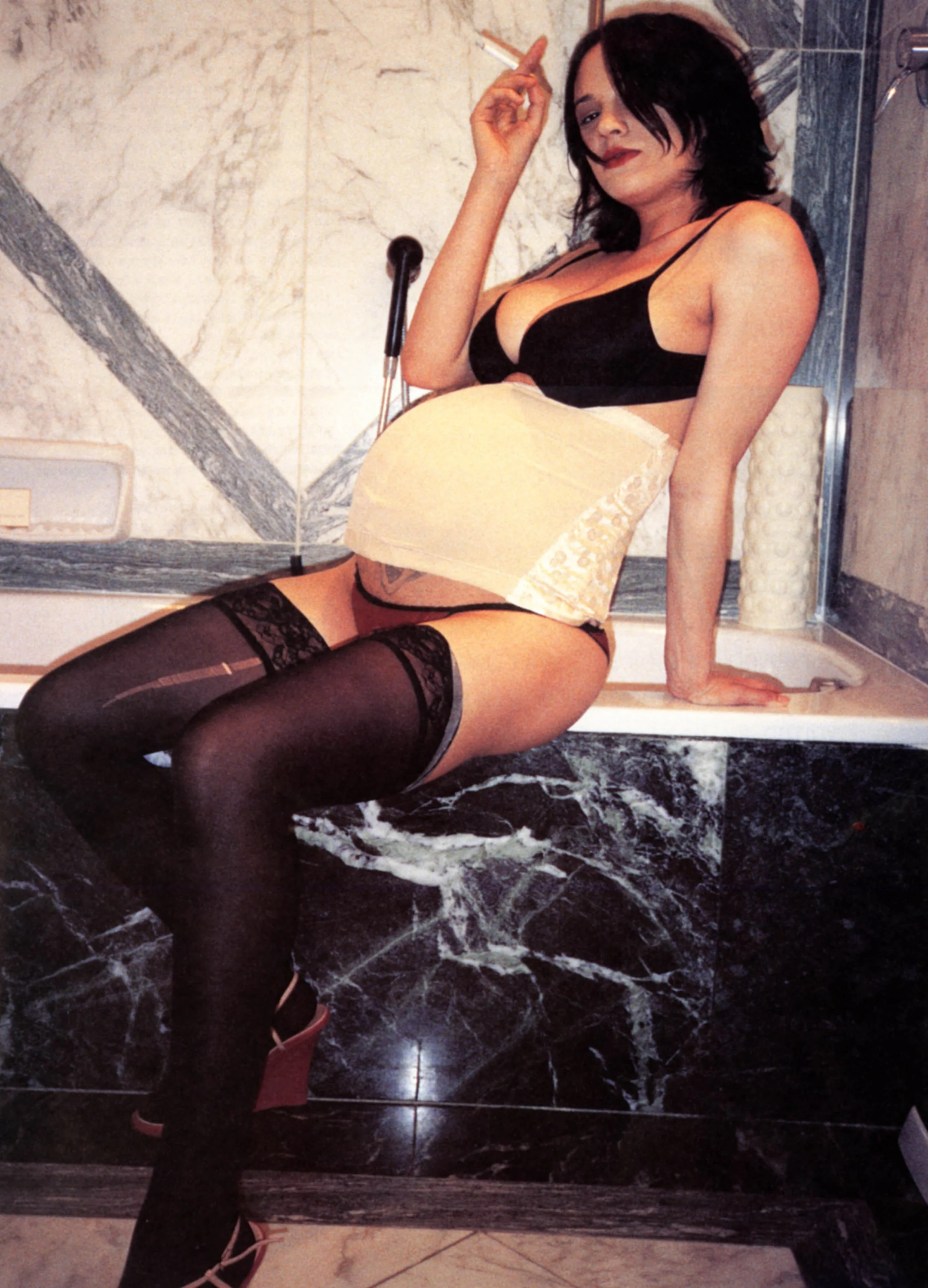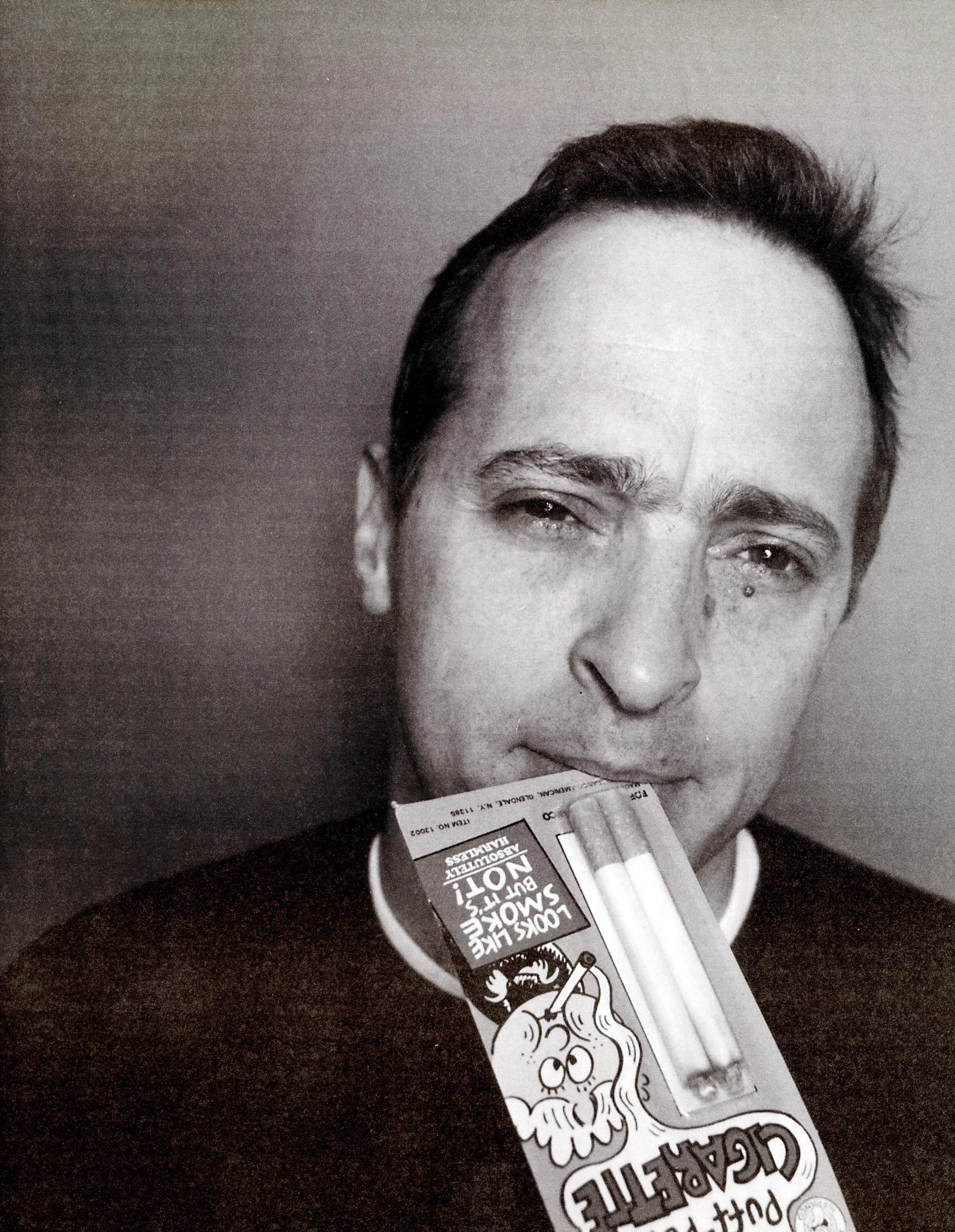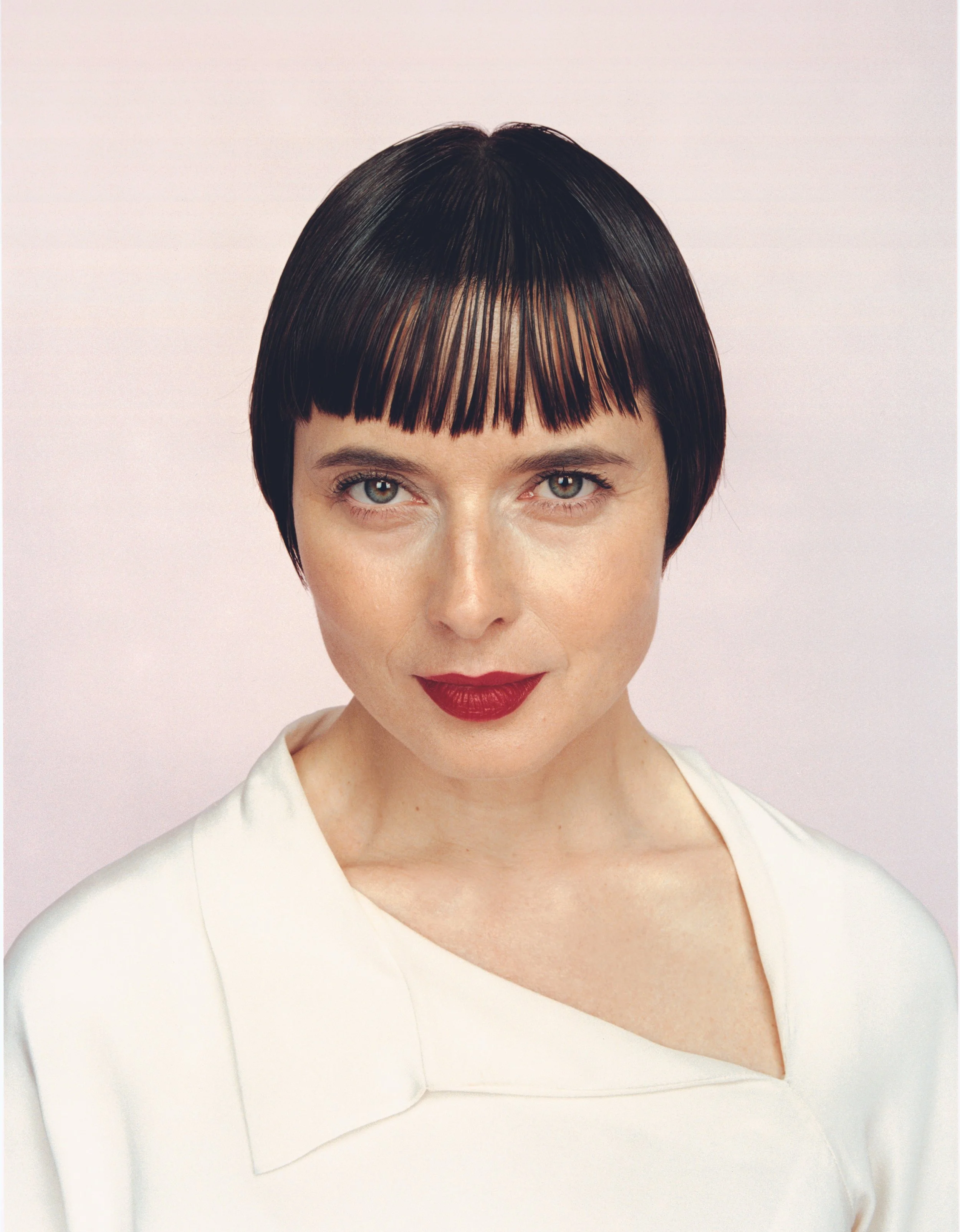recent newsPeter Halley Takes
Mel Ottenberg
Inside 10 Years of Index Magazine“Oh my god, JT is such a fraud and this is pure camp: I’m just loving this moment. It’s one of the great pop moments of my entire life, Peter.” - Mel Ottenberg
A Cult ’90s Magazine Worth Trawling eBay For Inside Index Magazine, the Cultural Bible of 90s IndieText by Zoe Whitfield, with Peter Halley and Freddie Wahter.
"I first encountered [INDEX] through the archive site, and for years it felt like a secret reference. The more time I spent with the archive, it became clear how much of today’s cultural landscape can be traced back to Index. That’s where the idea of a retrospective started – as a way to reframe Index as a living part of our cultural lineage." Freddie Wahter
indexed
from the archives Screenwriter Justin Haythe interviews Willem Dafoe for the November 2003 issue. See the veteran actor in theaters now, starring in Robert Eggers critically-acclaimed 2019 film The Lighthouse.
"I THINK ACTORS SOMETIMES HAVE TOO MUCH POWER TO TAKE AWAY THEIR OWN OBSTACLES."
Vaginal Davis: Magnificent Product, opens at MoMA PS1 on October 9.
John Sanchez interviews Vaginal Davis for the June/July 2000 issue. Photography by John Dunne.
"We were giving out some real, bona fide anger... People thought we were being campy, but I hate camp. I'm not a camp queen. I'm insulted when people say that."
Bjork interviews Alexander Mcqueen April 2001 issue. Photography by Sam Taylor-Wood.
"my work needs to connect with the earth. Things that are processed and reprocessed lose their substance."
Meredith Danluck interviews Richard D. James April 2001 issue. Photography by Wolfgang Tillmans.
"I’ve always got about 30 tracks on the go. Some haven’t been touched for ages, but I know they’re good — they’re just waiting."
Bruce Labruce interviews Asia Argento for the September 2001 issue. Photography by Bruce Labruce.
"People are very suspicious of us. They wonder what sort of life we lead, what kind of monsters we are — as if we were the Addams family."
David Savage interviews David Sedaris for the May 1997 issue. Photography by Chris Buck.
"If I'm going to make fun of something, I need to find that in myself and then exaggerate it."
isabella rosselliniPeter Halley interviews Isabella Rossellini for the Nov/Dec 1999 issue. Photography by Terry Richardson.


